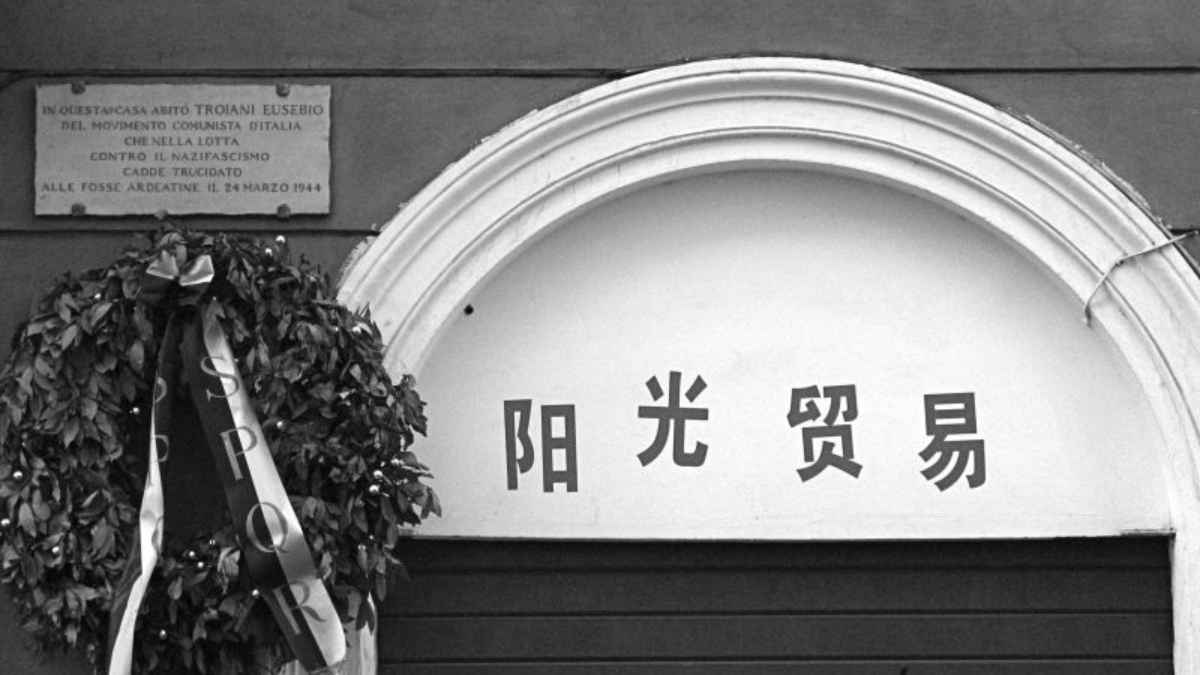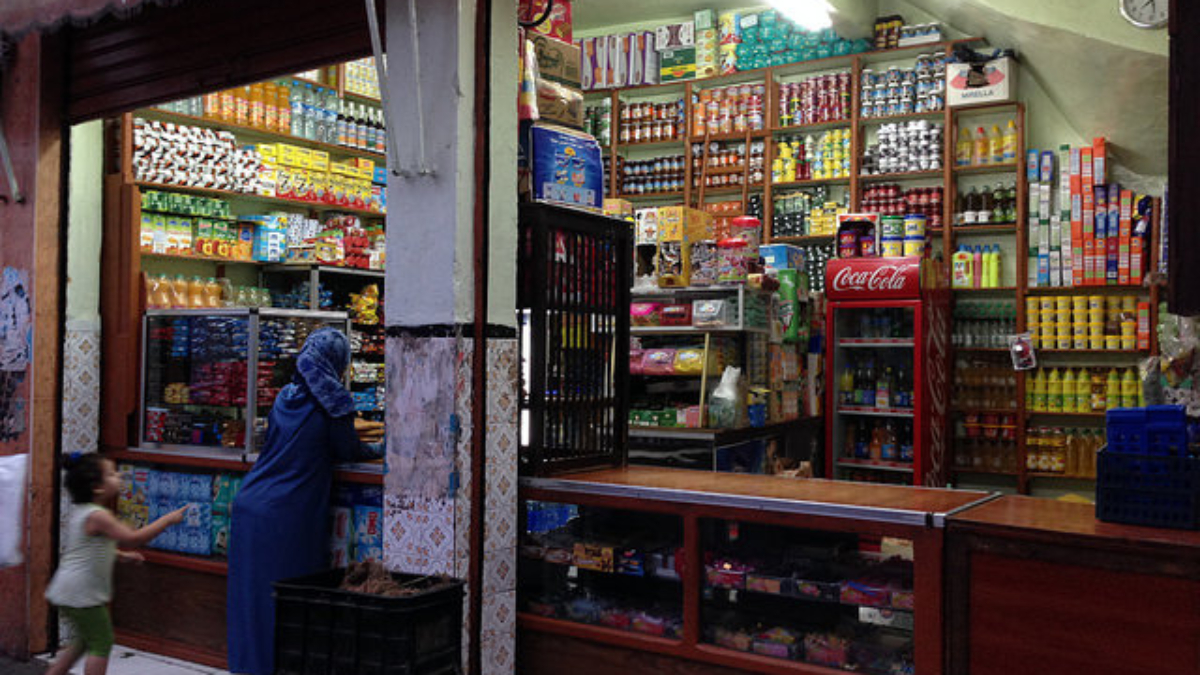Greece: Is Civil War Next?
By Peter Atwater
It is time to stop focusing on Greece’s bailout negotiations and pay attention to the socio-political revolution that is about to be triggered by mounting hopelessness.
World Policy On Air, Ep. 25: Greek Confidence & Grexit
World Policy On Air is a new podcast from the pages and website of World Policy Journal.
Jodi Liss: Breaking the “Resource Curse” by Getting Contracts Right
 Many countries in the developing world look to energy and mining to bring in foreign investment. The contracts that these countries sign with extraction companies often offer lop-sided terms when it comes to money, transparency, information, or in certain cases, environmental protection to the host country—all of which heighten the problems of the resource curse.
Many countries in the developing world look to energy and mining to bring in foreign investment. The contracts that these countries sign with extraction companies often offer lop-sided terms when it comes to money, transparency, information, or in certain cases, environmental protection to the host country—all of which heighten the problems of the resource curse.
The International Senior Law Project (ISLP) is a non-profit organization which volunteers world-class legal counsel globally on economic development, human rights, and access to justice. The group works with governments who need their services but are too poor to pay, and partners with large established non-governmental organizations (NGOs) to bring their skills to developing world civil society groups. They also offer commercial law skills training. They have worked on projects to deal with extraction related problems in several poor countries, including in Mongolia and Liberia.
ISLP’s roster includes about 600 lawyers from the United States, Canada, and other countries. Jean Berman, the executive director, says, “We’ve been very lucky in finding the perfect lawyers for the situation.”
Joseph Bell is the Secretary of the Board for ISLP. He is also a senior law partner at Hogan and Hartson, and chair of the Advisory Board at Revenue Watch Institute, an NGO which works to counter the resource curse. His background is in commercial and regulatory practice, focusing on energy and mining. Recently, he led the ISLP team(s) that renegotiated several important contracts between the government of Liberia and interested multinational corporations, resulting in a great improvement of terms for the government.
The following is an interview with him on negotiating with extraction companies for the world’s poorest countries.
– – – –
Jodi Liss (JL): What problems do developing countries face when negotiating contracts with these huge multinational corporations?
Joseph Bell (JB): There’s the problem of asymmetry—in knowledge, information, capacity—between the government and the company. Some countries recognize this and hire outside counsel, which sometimes can help.
JL: Do these countries have the existing legal frameworks to guide these contracts?









